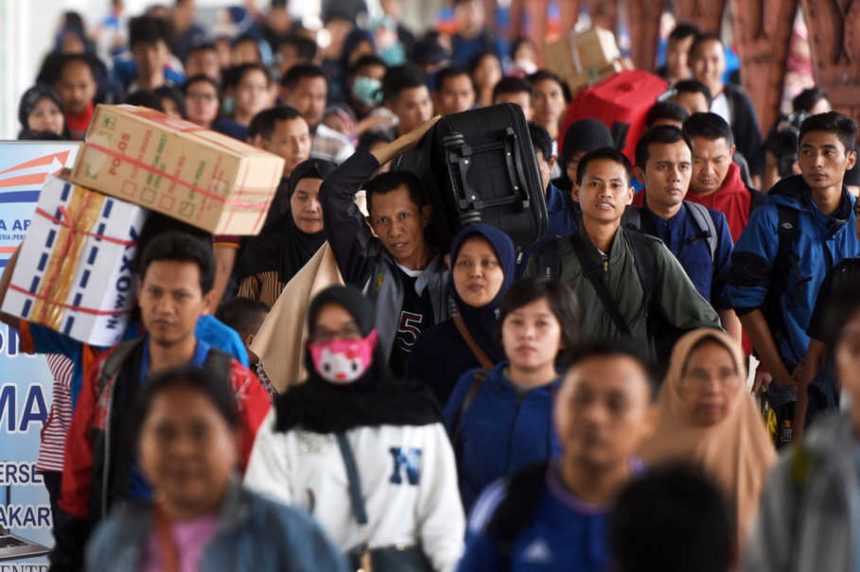Jakarta has officially overtaken Tokyo as the world’s most populated urban centre, according to a new United Nations report that adopts updated criteria to better capture the realities of rapid global urbanisation.
The UN Department of Economic and Social Affairs’ World Urbanisation Prospects 2025 report estimates that the Greater Jakarta area now houses 42 million people, placing it at the top of the global rankings. Dhaka follows closely with 37 million, while Tokyo — previously considered the world’s largest city — now stands in third place with 33 million residents when measured under the UN’s revised methodology.
The change marks a striking shift from the UN’s 2018 assessment, which placed Tokyo first with 37 million people. UN officials say the new ranking reflects more consistent and comparable criteria for defining cities, towns, and rural areas worldwide — addressing the long-standing problem of countries using widely differing definitions for urban boundaries.
Patrick Gerland, who heads the UN’s population estimates and projections division, said earlier assessments often favoured Tokyo because they relied heavily on national data with varying standards. The updated approach, he noted, uses uniform population and geospatial parameters that provide “a more internationally comparable delimitation of urban extent.”
Urban boom accelerating worldwide
The report highlights the explosive pace of global urbanisation. In 1950, only 20% of the world’s 2.5 billion people lived in cities. Today, nearly half of the planet’s 8.2 billion population resides in urban areas.
By 2050, UN researchers expect two-thirds of future population growth to occur in cities, with much of the remainder concentrated in expanding towns.
The rise of so-called “megacities” — urban areas with at least 10 million inhabitants — underscores this trend. Their numbers have quadrupled from eight in 1975 to 33 by 2025, the report notes.
Nine of the world’s 10 most populated cities are now in Asia: Jakarta, Dhaka, Tokyo, New Delhi, Shanghai, Guangzhou, Cairo, Manila, Kolkata, and Seoul.
(Although Cairo is in Africa, it appears in the list due to the source text; the UN ranking groups it accordingly.)
“Urbanisation is a defining force of our era,” said UN Under-Secretary-General Li Junhua. “If managed inclusively and strategically, it can open transformative pathways for climate resilience, economic progress, and social equity.”
Tokyo’s shifting demographic landscape
While Tokyo’s broader metropolitan region — including Saitama, Chiba, and Kanagawa (home to Yokohama, a 3.7-million-person city in its own right) — is experiencing population decline in line with Japan’s overall demographic trends, the capital city itself is growing.
The Tokyo Metropolitan Government reports that “Tokyo proper” — the 23 special wards and 26 surrounding municipalities — now has just over 14 million residents, up from 13.2 million ten years ago.
Migration slowed during the Covid-19 pandemic but has since rebounded, with young people relocating to the capital for education and employment opportunities, according to Japan’s internal affairs ministry.
Meanwhile, the UN report indicates that under the revised criteria, Tokyo remained the world’s largest metropolitan area until around 2010, when Jakarta’s expanding population pushed it into second place — and eventually third.




